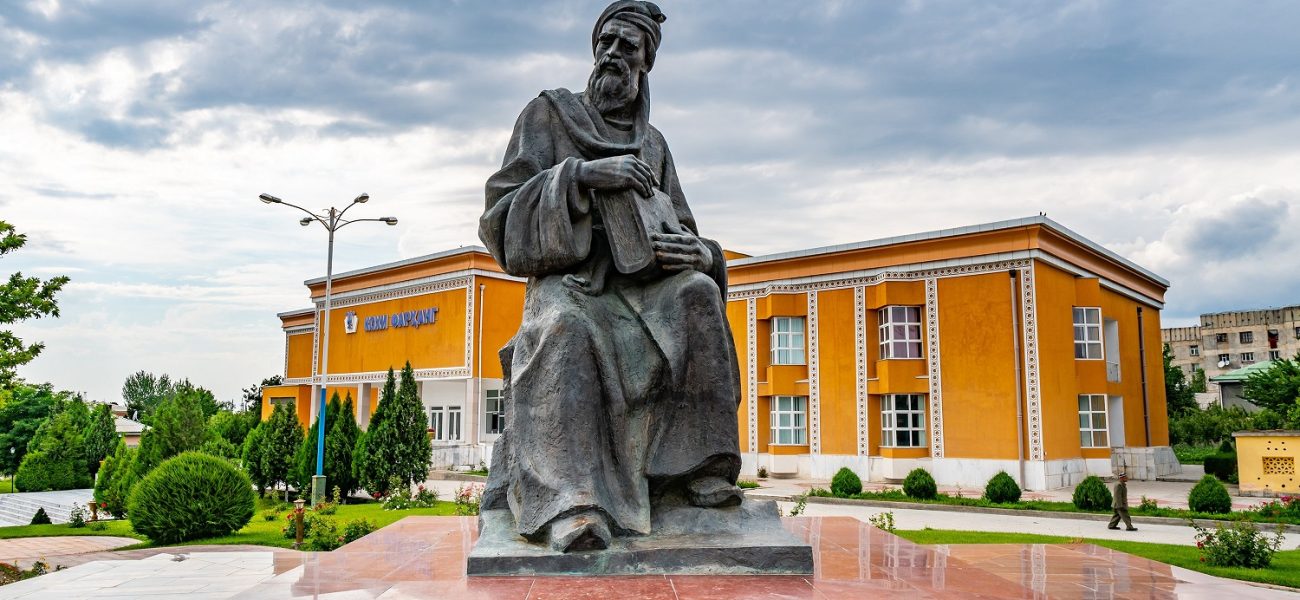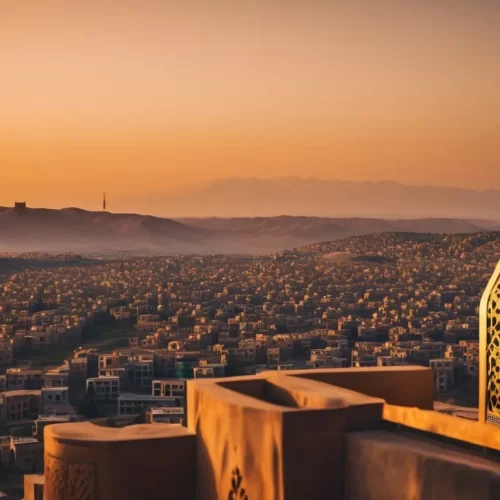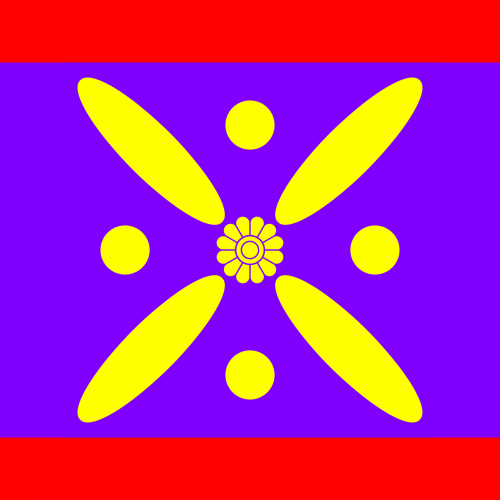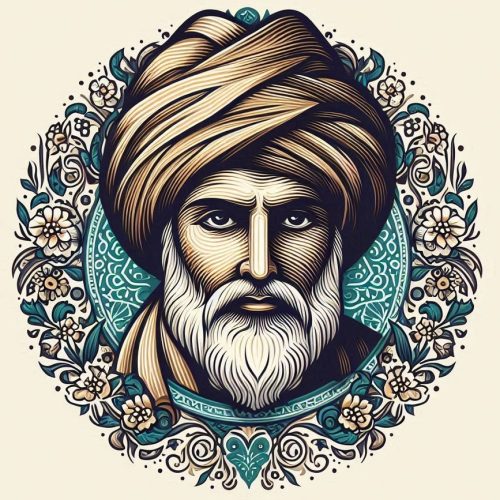Rudaki, often hailed as the “Father of Persian Poetry,” occupies a central place in the literary history of Iran and the wider Persian-speaking world. As the first major poet to write in New Persian, Rudaki’s contributions to Persian literature are immense, laying the foundation for the rich poetic tradition that would flourish in the centuries to come. In this scholarly article, we explore the life, works, and enduring legacy of Rudaki, examining his role in shaping Persian poetry and his significance as a cultural icon.
Early Life and Background
Rudaki’s early life is shrouded in mystery, with much of what is known about him gleaned from historical records, literary sources, and folklore. He was born in the late 9th century in the village of Rudak, located in present-day Tajikistan, which was then part of the Samanid Empire. Rudak, situated in the picturesque region of Sogdiana, was a melting pot of cultures, languages, and traditions, where Persian, Turkic, and Central Asian influences converged.
Rudaki belonged to the indigenous Persian-speaking population of Central Asia, known as the Tajiks, who inhabited the fertile valleys and plains of Transoxiana. The Tajiks traced their ancestry back to the ancient civilizations of Sogdiana and Bactria, which flourished along the banks of the Oxus River (modern-day Amu Darya) and played a pivotal role in the cultural and commercial exchange between East and West.
Little is known about Rudaki’s family background or social status, but it is believed that he came from humble origins, perhaps born into a family of farmers, artisans, or local officials. Rudaki’s early education likely took place in his hometown of Rudak, where he would have been exposed to the rich literary and cultural traditions of Persian civilization, including the works of pre-Islamic poets such as Ferdowsi and Nezami Ganjavi.
Despite the lack of formal education, Rudaki demonstrated an early aptitude for poetry and music, mastering the intricacies of Persian verse and developing his own unique style and voice. He was said to possess a melodious singing voice and a talent for playing musical instruments, which earned him the admiration and patronage of local dignitaries and aristocrats.
Rudaki’s poetic genius eventually caught the attention of the court of Nasr II (914-943), the Samanid ruler who presided over a flourishing cultural renaissance in his capital of Bukhara. Nasr II, himself a patron of the arts and sciences, invited Rudaki to his court, where he became a beloved figure and enjoyed the patronage of the royal court. Under Nasr II’s sponsorship, Rudaki’s literary career reached new heights, and his poetry came to be celebrated throughout the Persian-speaking world.
While many details of Rudaki’s early life remain elusive, his upbringing in the vibrant cultural milieu of Central Asia and his innate talent for poetry and music undoubtedly laid the foundation for his later achievements as the “Father of Persian Poetry.” Rudaki’s journey from the obscure village of Rudak to the illustrious courts of the Samanid Empire is a testament to the enduring power of talent, perseverance, and artistic vision to transcend the limitations of circumstance and leave an indelible mark on the world.
Rudaki’s Literary Contributions
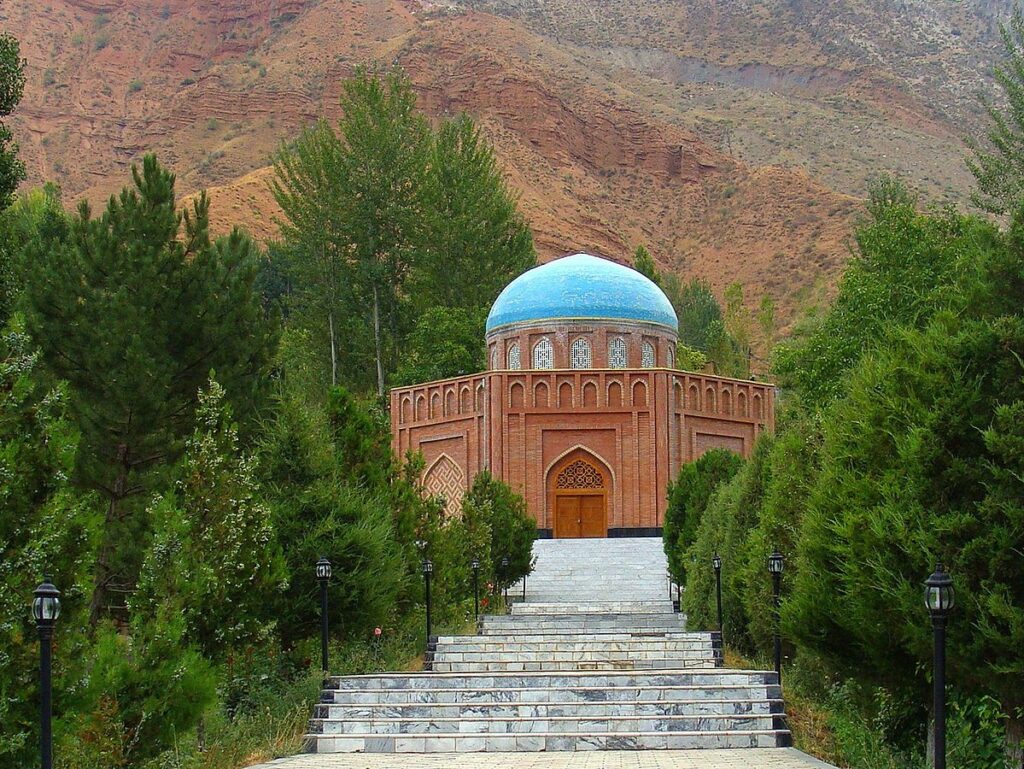
Rudaki’s literary career represents a pivotal moment in the history of Persian literature, marking the transition from the classical to the modern period and laying the foundation for the rich poetic tradition that would flourish in the centuries to come. His poetry, characterized by its elegance, lyricism, and emotional depth, reflects the cultural and intellectual milieu of his time while also pioneering new forms of expression and innovation.
One of Rudaki’s most enduring legacies is his role as the first major poet to write in New Persian, a literary language that emerged in the aftermath of the Islamic conquest of Persia in the 7th century. Prior to Rudaki, Persian poetry was primarily composed in Pahlavi, a Middle Persian dialect, or in Arabic, the language of Islam. Rudaki’s decision to write in New Persian, a vernacular language spoken by the common people, marked a radical departure from tradition and helped to democratize Persian poetry, making it accessible to a wider audience and elevating it to the status of a literary language.
Rudaki’s poetic oeuvre encompasses a wide range of genres and forms, including qasidas (odes), ghazals (lyric poems), masnavis (narrative poems), and rubaiyyat (quatrains), each displaying his mastery of language, meter, and imagery. His poetry is notable for its simplicity, clarity, and musicality, as well as its profound insights into the human condition and the mysteries of existence.
In his qasidas, Rudaki celebrates the beauty of nature, the virtues of love, and the splendor of the royal court, drawing upon the conventions of classical Persian poetry while also infusing his verses with a sense of freshness and vitality. His ghazals, characterized by their emotional intensity and lyrical beauty, explore themes of longing, desire, and spiritual yearning, capturing the essence of Persian mysticism and Sufi philosophy.
Rudaki’s masnavis, or narrative poems, offer glimpses into the legendary history and folklore of Persia, retelling stories of ancient heroes, mythical beasts, and epic battles with vivid imagery and rich detail. His rubaiyyat, or quatrains, distill complex ideas and emotions into concise and memorable verses, offering timeless wisdom and insight into the human experience.
Beyond his poetic achievements, Rudaki’s contributions to Persian literature extend to his role as a cultural icon and national symbol. His poetry has been celebrated and revered by generations of Iranians and Persian speakers, who regard him as a literary genius and a paragon of Persian identity and heritage. Rudaki’s verses have been recited, memorized, and studied in schools and universities across Iran and the Persian-speaking world, ensuring that his legacy endures for future generations.
Rudaki’s literary contributions represent a seminal moment in the history of Persian literature, ushering in a new era of poetic innovation and artistic excellence. His pioneering efforts to write in New Persian and his mastery of poetic forms have left an indelible mark on the cultural landscape of Iran and the wider Persian-speaking world, inspiring countless poets and writers to follow in his footsteps and continue the rich tradition of Persian poetry. Rudaki’s poetry continues to resonate with readers and scholars alike, offering a window into the beauty, wisdom, and enduring relevance of Persian literature.
Legacy and Influence
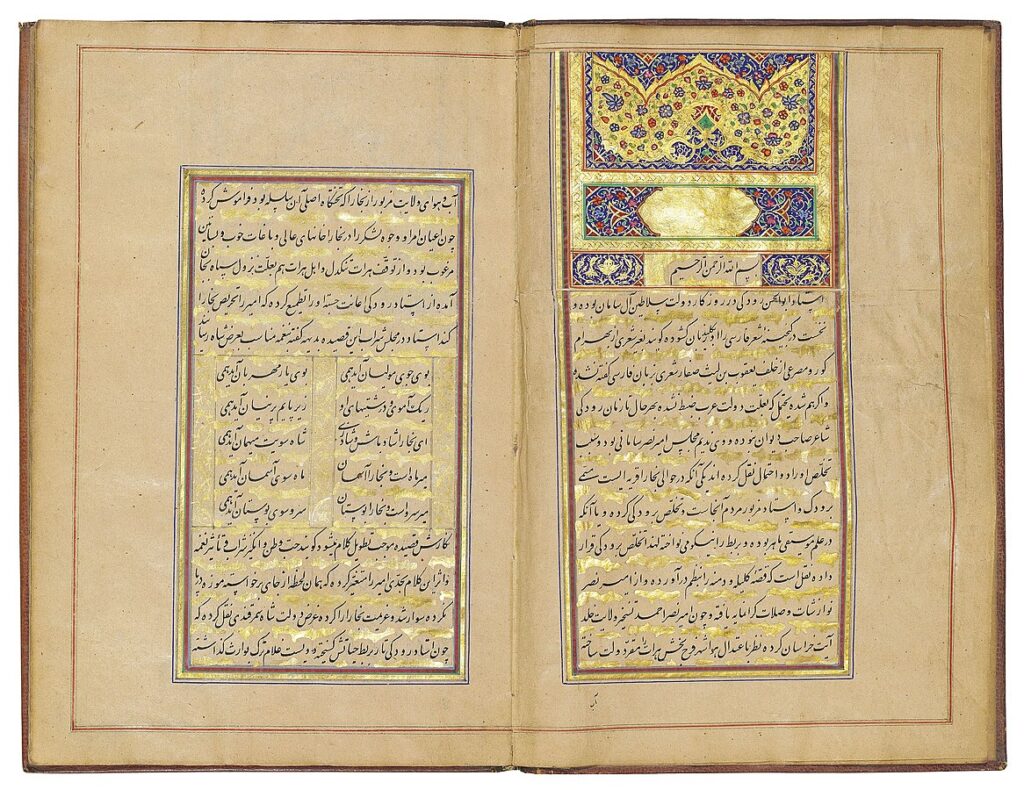
Rudaki’s legacy extends far beyond his lifetime, shaping the course of Persian literature and culture for centuries to come. His pioneering efforts to write in New Persian and his mastery of poetic forms have had a profound and enduring impact on the development of Persian poetry, influencing generations of poets and writers who followed in his footsteps.
Redefining Persian Literature: Rudaki’s decision to write in New Persian, a vernacular language spoken by the common people, revolutionized Persian literature and paved the way for its golden age. By eschewing the formalities and conventions of classical Persian poetry, Rudaki democratized the art form, making it more accessible and relevant to a wider audience. His use of everyday language and imagery helped to bridge the gap between the elite and the masses, democratizing Persian poetry and transforming it into a vibrant and dynamic literary tradition.
Standardizing Persian Poetry: Rudaki’s mastery of poetic forms and meters helped to standardize the rules and conventions of Persian poetry, laying the groundwork for the development of classical Persian literature. His adherence to traditional poetic meters, such as the “bahr” and “ramal,” established a framework for subsequent poets to follow, providing a template for the composition of poetry in Persian for centuries to come. Rudaki’s emphasis on craftsmanship, precision, and musicality set a high standard for Persian poets to aspire to, contributing to the aesthetic excellence and linguistic richness of Persian literature.
Shaping Persian Identity: Rudaki’s poetry played a pivotal role in shaping Persian identity and cultural heritage, celebrating the beauty, resilience, and creativity of the Persian-speaking people. His verses became a source of national pride and inspiration, embodying the spirit of Persian civilization and its enduring contributions to the world of art, literature, and philosophy. Rudaki’s poetry served as a cultural touchstone for Iranians and Persian speakers, connecting them to their shared heritage and fostering a sense of unity and solidarity across geographical and historical divides.
Inspiring Future Generations: Rudaki’s influence on Persian literature and culture extends to the present day, inspiring poets, writers, and scholars to explore and celebrate the richness and diversity of Persian heritage. His poetry continues to be studied, recited, and celebrated in schools, universities, and cultural institutions across Iran and the Persian-speaking world, ensuring that his legacy endures for future generations. Rudaki’s timeless verses continue to resonate with readers and scholars alike, offering insights into the human condition and the enduring power of language and creativity to transcend time and space.
In conclusion, Rudaki’s legacy as the “Father of Persian Poetry” is a testament to the enduring power of artistic vision, creativity, and cultural innovation to shape the course of history and inspire future generations. His contributions to Persian literature and culture have left an indelible mark on the cultural landscape of Iran and the wider Persian-speaking world, enriching the lives of countless individuals and communities with the beauty, wisdom, and humanity of his poetry. Rudaki’s legacy serves as a reminder of the transformative power of art and literature to unite, inspire, and uplift humanity across generations and borders.
Rudaki’s Enduring Footprint
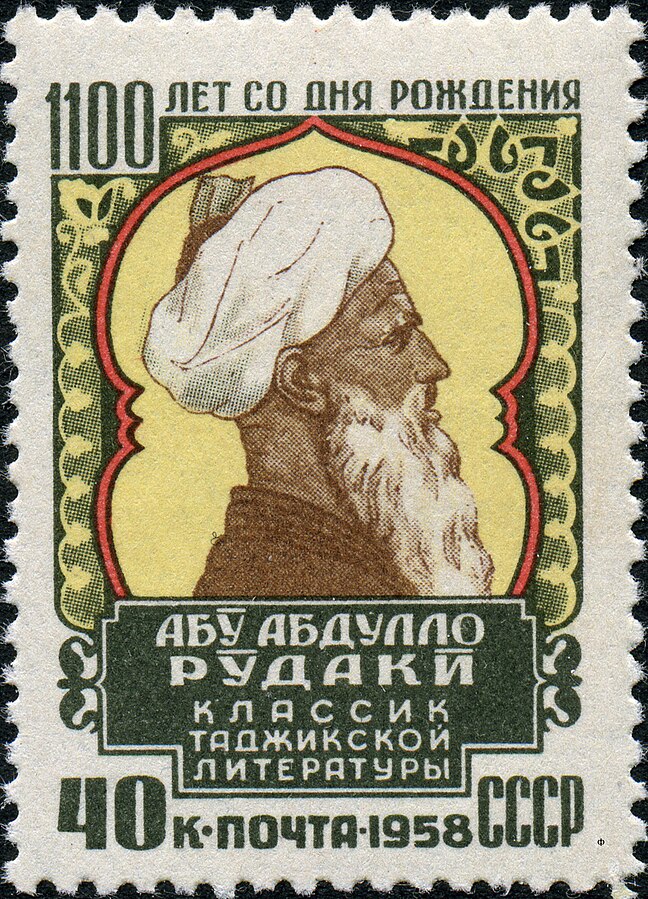
Rudaki’s enduring legacy as the “Father of Persian Poetry” transcends the boundaries of time and space, resonating with readers, scholars, and poets across generations and continents. His contributions to Persian literature and culture have left an indelible mark on the cultural landscape of Iran and the wider Persian-speaking world, shaping the course of history and inspiring future generations to celebrate the richness and beauty of Persian heritage.
Rudaki’s legacy is multifaceted, encompassing his role as a pioneer of New Persian poetry, a master of poetic forms, and a symbol of Persian identity and cultural pride. By writing in New Persian, Rudaki democratized Persian poetry, making it accessible to a wider audience and transforming it into a vibrant and dynamic literary tradition. His mastery of poetic forms and meters helped to standardize the rules and conventions of Persian poetry, providing a framework for subsequent poets to follow and contributing to the aesthetic excellence and linguistic richness of Persian literature.
Beyond his literary achievements, Rudaki’s poetry embodies the spirit of Persian civilization and its enduring contributions to the world of art, literature, and philosophy. His verses celebrate the beauty of nature, the virtues of love, and the mysteries of existence, offering insights into the human condition and the universal quest for meaning and purpose. Rudaki’s poetry serves as a cultural touchstone for Iranians and Persian speakers, connecting them to their shared heritage and fostering a sense of unity and solidarity across geographical and historical divides.
Rudaki’s influence on Persian literature and culture extends to the present day, inspiring poets, writers, and scholars to explore and celebrate the richness and diversity of Persian heritage. His timeless verses continue to be studied, recited, and celebrated in schools, universities, and cultural institutions around the world, ensuring that his legacy endures for future generations. Rudaki’s poetry serves as a reminder of the transformative power of art and literature to unite, inspire, and uplift humanity, transcending time and space to touch the hearts and minds of all who encounter it.
Rudaki’s legacy as the “Father of Persian Poetry” stands as a testament to the enduring power of creativity, imagination, and cultural innovation to shape the course of history and inspire future generations. His contributions to Persian literature and culture continue to enrich the lives of countless individuals and communities, serving as a beacon of hope, beauty, and wisdom in an ever-changing world. Rudaki’s poetry reminds us of the timeless truths and enduring values that unite us as human beings, inviting us to celebrate the richness and diversity of our shared humanity.

